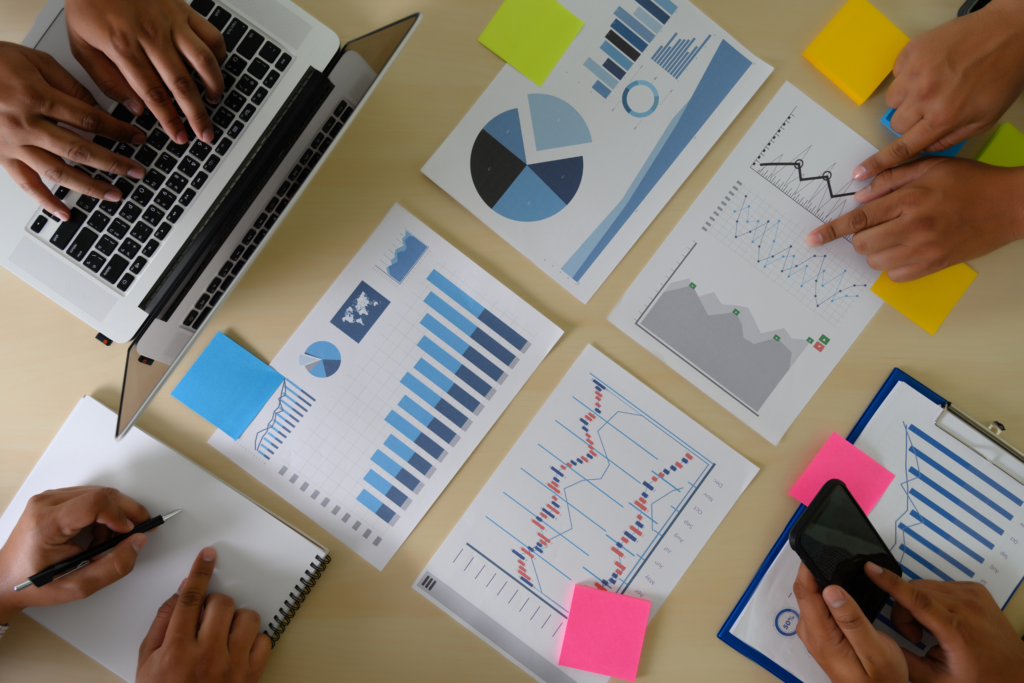Tuning the conversation: the role of artistic practices in knowledge production processes

Opening up research processes
The field of education and research is a good observatory to take the temperature of the current state of the conversations between artistic and scientific practices that occur in diverse spheres of activity.
A growing number of researchers in various disciplines are resorting to methodologies that involve, for example, the use of artistic devices such as film, performance, theatre, installation, sound art, scores, etc., or that imply the borrowing of artistic strategies, tactics, and protocols. The place of creation in the dynamics of research has gained a new centrality, which translates, among other things, into the setting up of training programs and specific projects that seek to articulate artistic and scientific research.
Efforts to merge scientific exploration with creative processes are often referred to as “research-creation”, involving different methodological perspectives and activities, with a key role for design. Research creation refers to the integrated process of artistic exploration and scholarly inquiry in which both activities inform and enrich each other to produce innovative insights and works. Design’s growing fusion with fields such as contemporary art is visible in trends such as critical design and design for social innovation, which emphasise context-responsive approaches, as well as technical and material literacy.
Although the stated aims are to create links between the research field and the society at large, sometimes these initiatives to bring scientific and artistic practices into dialogue are based on highly sophisticated technological procedures, developed in not very accessible environments, or are aimed at ultra-specialised audiences.
In order to open up the processes of artistic and scientific research, it is necessary to articulate a thorough reflection on the possible pitfalls and to develop the appropriate tools that allow this fruitful conversation to be built and to take root, in an effective way, in other areas of society.
Renewing formats and tools
The range of research methodological tools is gradually expanding to respond to the plurality of knowledge and disciplinary frameworks. There are many examples of experimental forms of collaboration or use of experimental protocols from artistic practices.
The integration of new methodological tools is becoming part of the concerns of many researchers who question the use of artistic formats, its impact on the process of construction of the research subject, the epistemological stakes that this raises while trying to maintain scientific rigour.
Whether they are scientific or artistic, the processes of creation and innovation are permanent dialogues between ideas, procedures, gestures, environments, and material resources that are implemented so that they become forms that can be communicated and shared.
Alongside the development of innovative methodological approaches, these initiatives also seek to renew research mediation and dissemination strategies. The traditional formats of conference presentations and even thesis defences become occasions for renewing ways of making research public.
The conception of new formats for the production, testing and dissemination of knowledge, such as exhibitions, performances, theatrical devices, or innovative editorial and publishing forms, draws a landscape of intense formal and conceptual experimentation.
However, one of the possible pitfalls to be aware of would be to instrumentalise artistic practices simply to shape the results of scientific research, or to achieve a better reach in their communication strategies.
A constellation of forms of knowledge
The manifold conversation between artistic and scientific research practices that is expanding and taking place in different arenas, it is based on a shift in perspective that seeks to question the monopoly of the creation of knowledge. Integrating aesthetic forms of knowing and inquiring implies the acknowledgement of the key role of artistic practices and methods in this evolving epistemological shift.
Truly transdisciplinary environments make it possible to challenge dominant perceptions and preconceived notions about the ways in which knowledge is made. This implies recognising and giving visibility to the multiplicity of expertise, thus broadening the very concept of expertise.
This approach fosters multimodal and networked knowledge to develop transversal competences and, in general, to broaden the range of research skills. For SENSE. one of aims would be to find a way to bring together different modalities of knowledge production, while considering the specificity of artistic knowledge production.
Within this constellation of forms of knowledge, SENSE. seeks to highlight the importance of embodied knowledge and the crucial role of sensorial perception. This involves paying more attention to the tacit dimension of the production and transmission of this type of knowledge, asserting the potential of the sensing body as a primary site of cognition. This also means recognising the specific role of artistic practices in nuancing public discourse and providing different ways of perceiving and knowing.
Delving into their respective differences, the way forward is to align the objectives and endeavors of the fields of scientific and artistic research to address the multiple challenges and complexities of a rapidly changing world.
An article by Ines Moreno Lopez, SENSE. consortium member on behalf of the Louvre Museum
